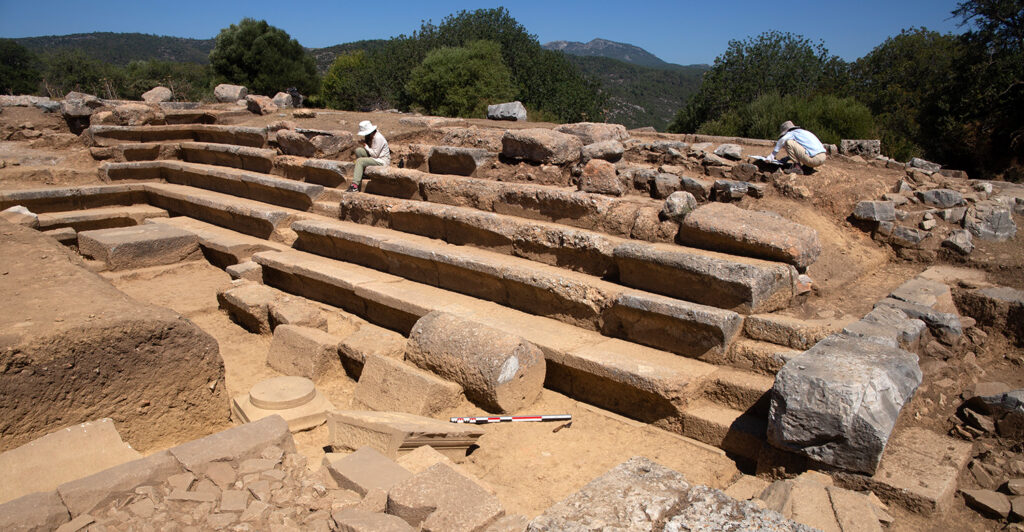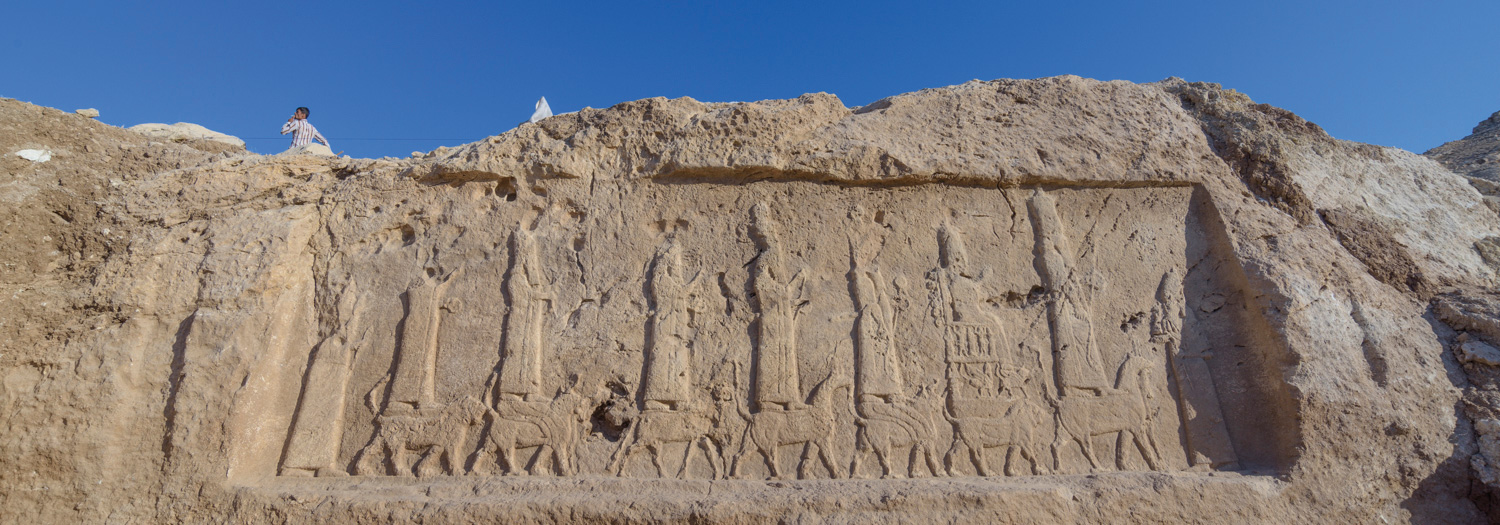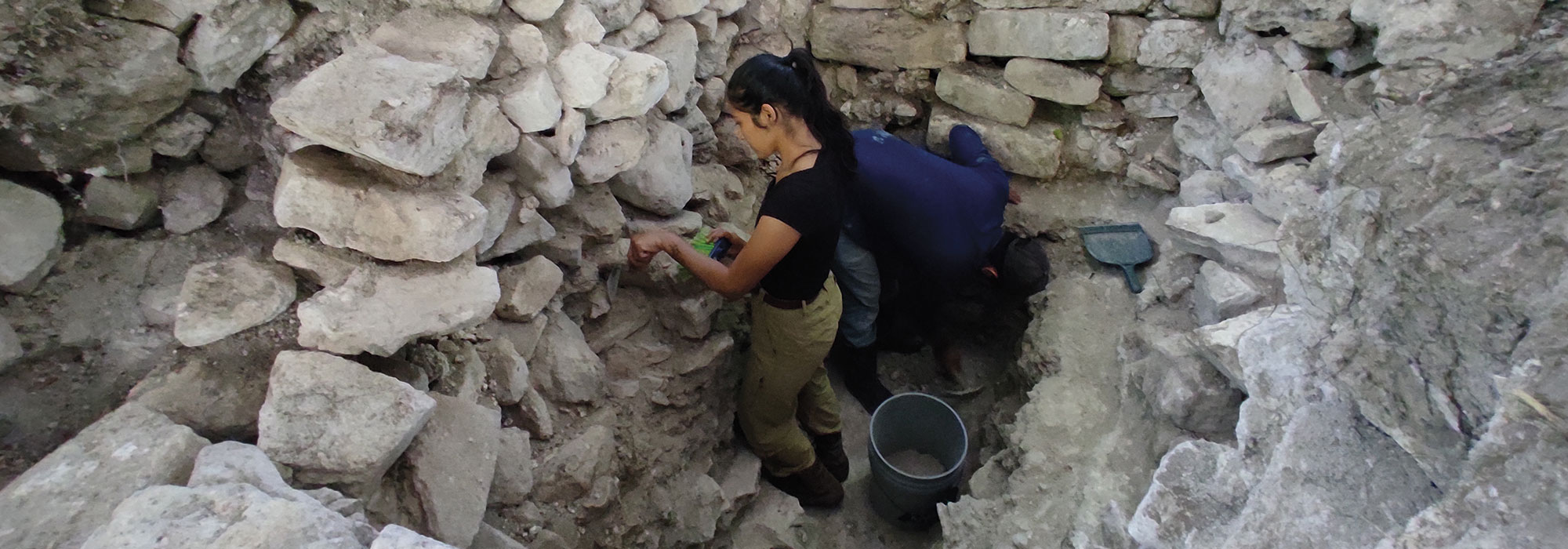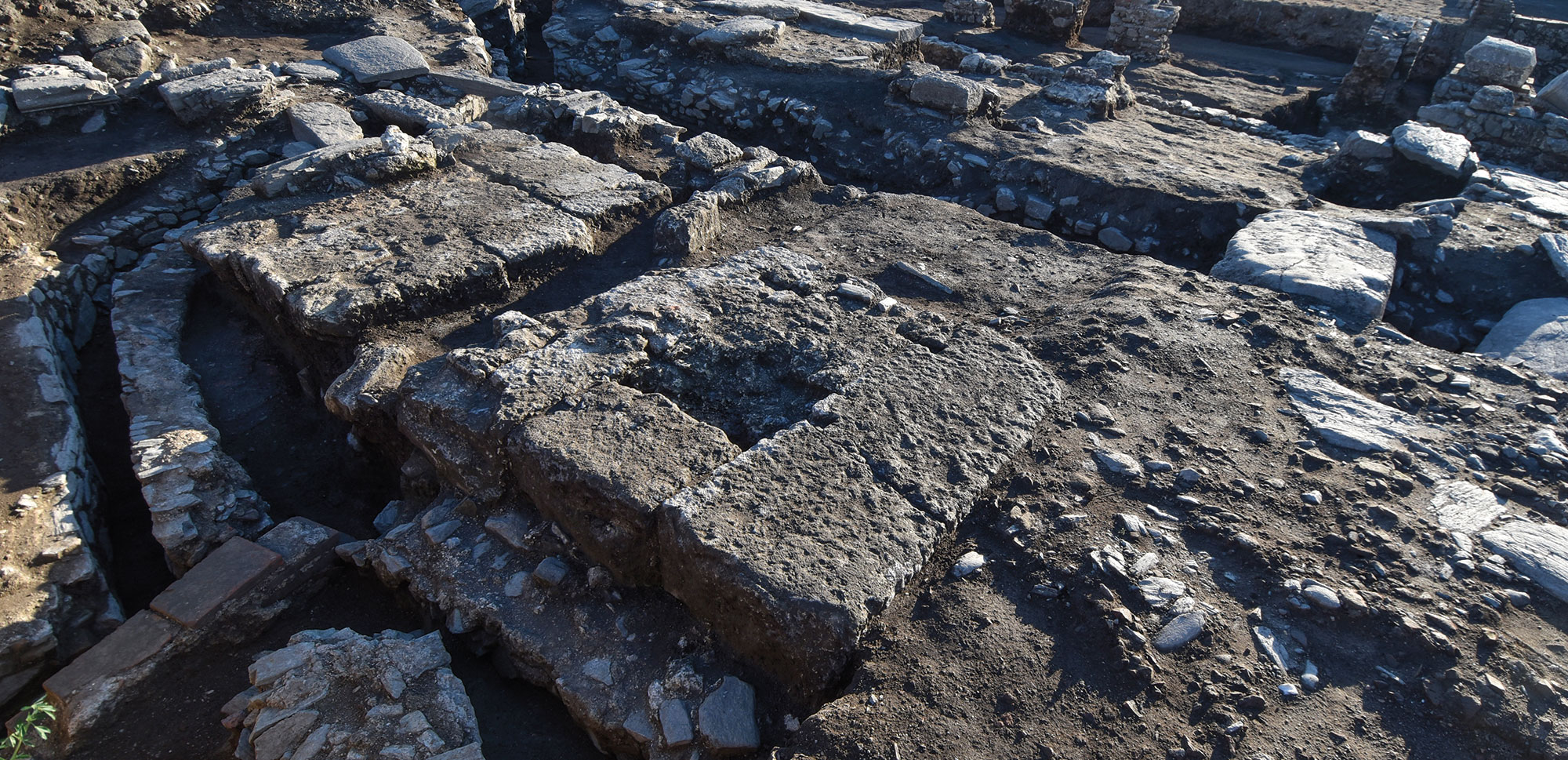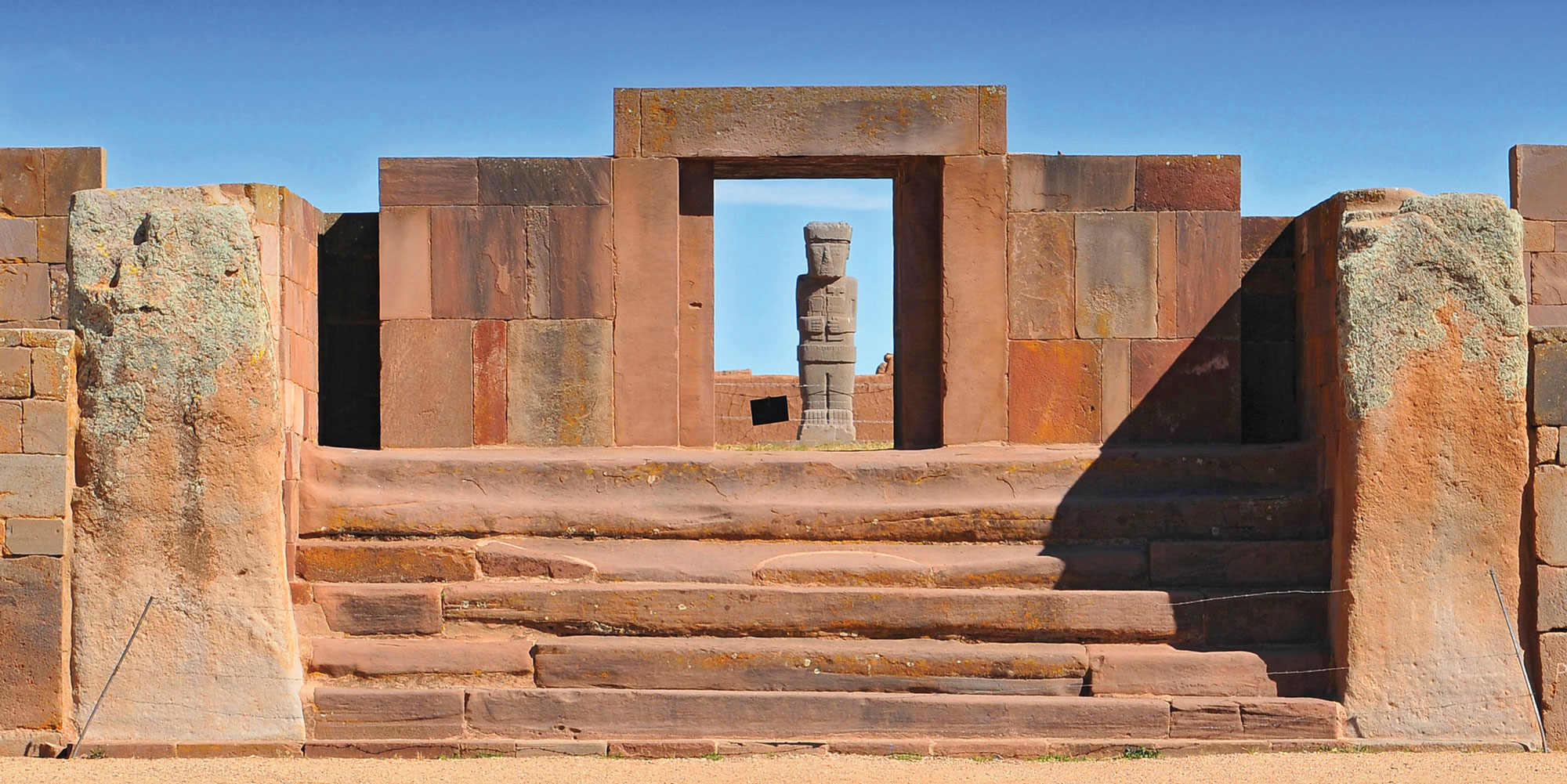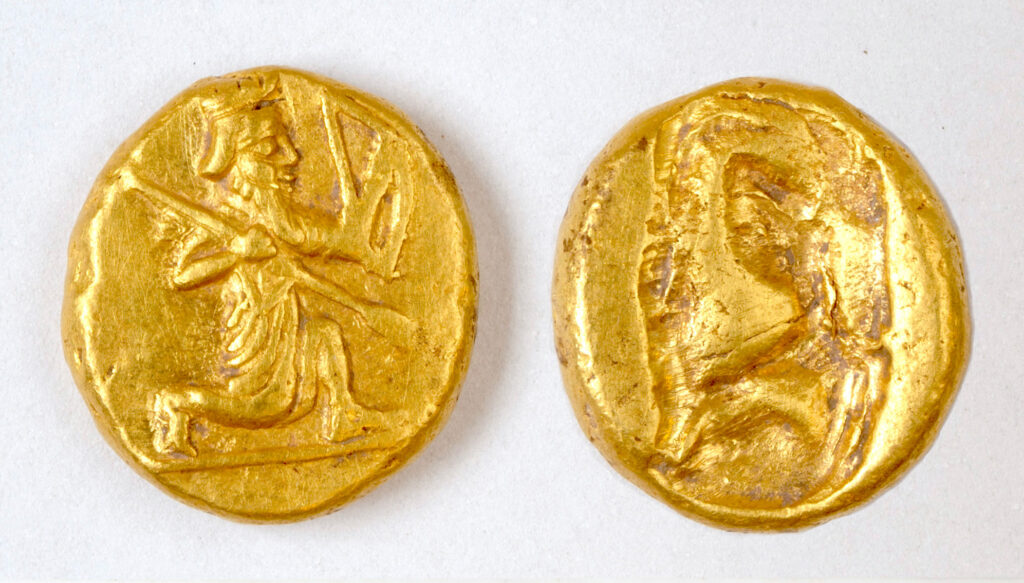
IZMIR, TURKEY—According to a report in The New York Times, a cache of gold coins dated to the late fifth century B.C. has been discovered in the ancient Greek city of Notion, which is located on the west coast of Anatolia, by Christopher Ratté of the University of Michigan and his colleagues. The cache had been placed in an olpe, a type of small jug, and buried in a corner of a dwelling that was found underneath the courtyard of a house dated to the third century B.C. The coins have been identified as Persian darics, named for either the root of the Old Persian word for gold, or for Darius I, who ruled the Persian Empire from 521 to 486 B.C. The coins show the Persian king wearing a long tunic and kneeling while holding a bow and a long spear. The backs of the coins are blank except for a punch mark. Since such coins were usually used to pay soldiers of fortune, Ratté explained, the cache is thought to represent a soldier’s savings, hidden during a time of warfare in a contested frontier zone. “No one ever buries a hoard of coins, especially precious metal coins, without intending to retrieve it,” he said. “So only the gravest misfortune can explain the preservation of such a treasure.” For more on the Persian Empire, go to "Rise of the Persian Princes."


